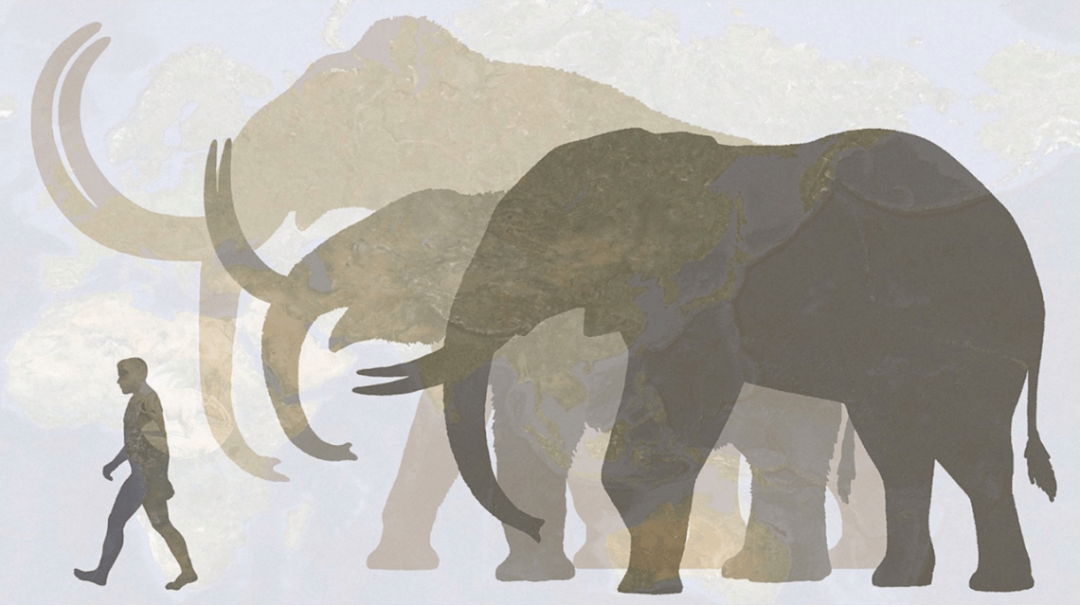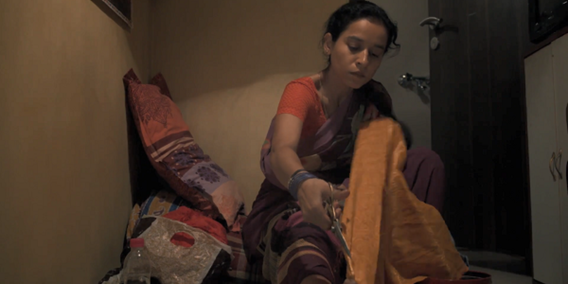Have you ever been stuck in traffic? Or been late for an appointment and are travelling by a really slow train? Or had a lot of things piled up to do in a really small timeframe? How have those times made you feel? Personally, those are usually the times I wished I had superhuman abilities – a door to anywhere, an ability to disappear, anything at all to get over the situation.
If you are asking why do we feel so helpless? Here’s the answer!
Our body just does not know how to react. If we think about it, our ways of coping with stress are fight, flight, or freeze. And this comes to us evolutionarily with thousands of years of experience. Our prehistoric ancestors, the ones who lived in forests and hunted animals for food, clothing and shelter adapted to these techniques for a reason!
If they went to hunt, they’d find a huge mammoth which means their body reacted to the mammoth as “stress”. Their heart would beat faster, eyes would dilate, they would sweat and their attention would only be focused on the mammoth. They had to gauge if the mammoth was too big to hunt, or if it could be hunted down – this meant they ran if the mammoth was too big or fought if it wasn’t. There was also another way to get away from mammoths or predators – play dead, (or freeze). These worked well for our ancestors to survive and to get us to where we are right now.
But… we live in the 21st century, and life has actually become way easier than the man who lived in the forest and hunted animals for survival. Our brain knows that, but our physical body does not. It still believes that we have encountered a mammoth when we feel stressed. This traffic is now a mammoth our ancestors might have encountered a few centuries ago, while the contexts are very different, but our body still reacts the same way – heart beats fast, sweat, eyes dilate and our grip on the steering wheel gets tighter.
We usually encounter relative and absolute stressors. This means there are some absolute stressors that your body will react to in reflex – like a snake, a big truck speeding past you while crossing the road, or a flood. It’s objective – something that everyone reacts to, something everyone is scared of. On the other hand, relative stressors are those based on our experiences, which are subjective and are “perceived” as stressful – like studying for an exam, or paying taxes, or a deadline at work.
While we might know the distinctions between the two mentally, most of our stressors are interpreted as absolute stressors. What is now a traffic jam, a slow train or just long to-do list – is perceived as somewhat of an emergency by our brains – something that has to be dealt with as soon as possible, a stressor or a mammoth. In those times, something as big as a mammoth could kill a hunter – today, getting late for an important meeting with our boss could make us feel like it’s the end of the world. If there’s any reason for that feeling of dread, the need to disappear, or a door to anywhere – this is it!
Now we know how and why our body reacts to stress the way it does – we might be at ease, right? We’d tell ourselves “being late for a meeting is not going to kill us – calm down!” But getting stressed also means we put our body and mind through changes.
While our brain surely can tell us its 2021, at the same time we are still draining our batteries a lot more than our ancestors were. The meat hunted would provide food for a whole community, so the stress was something that was felt for a day or two. But our stressors, like traffic or homework, is something our mind sees as uncontrollable, dangerous and huge – it takes up a lot of energy and keeps producing hormones to keep us alert and active – which could lead to considerable health problems. How do we deal with this mammoth then?
Meet The Author








